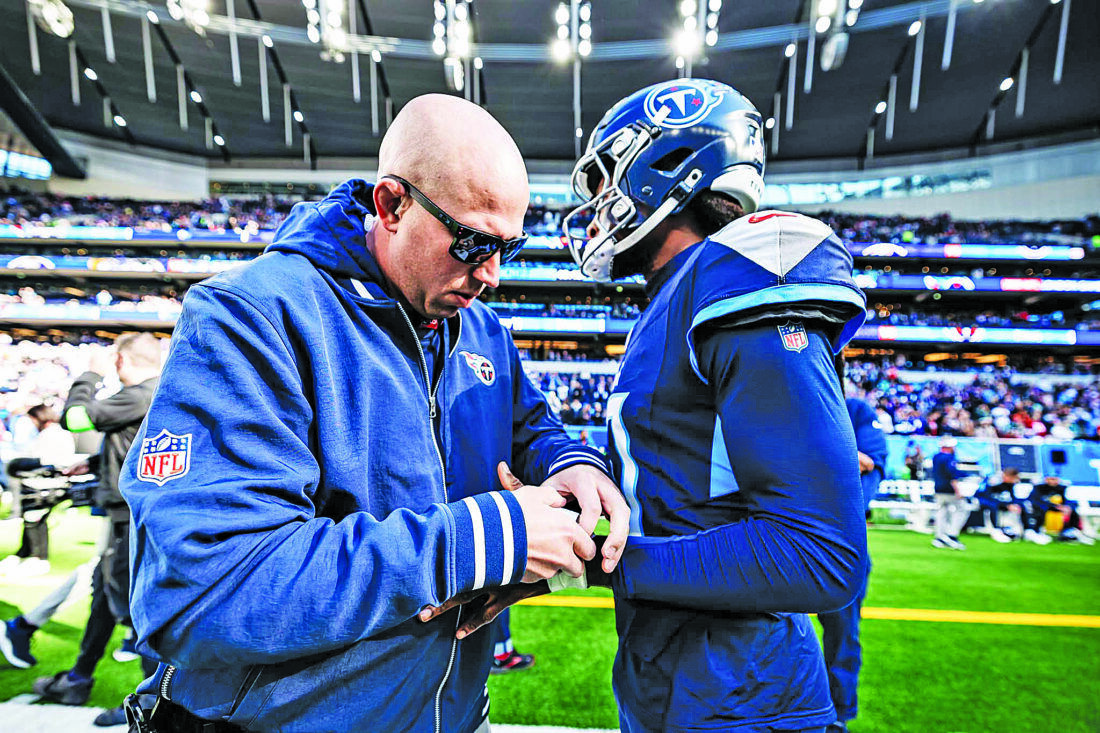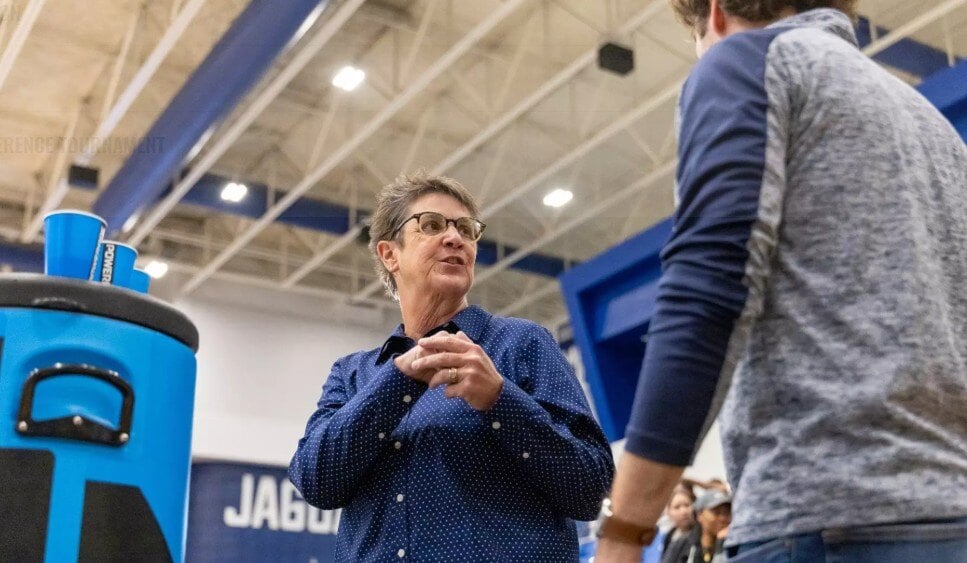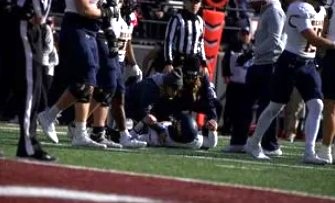Unconditional Love on Four Legs for Athletes at UNC
 In the world of sports medicine, therapy dogs have started to become a source of comfort and even hope, proving to be more than just "man's best friend".
In the world of sports medicine, therapy dogs have started to become a source of comfort and even hope, proving to be more than just "man's best friend".
Their unique ability to offer unconditional love and support is being utilized in places like Duke Health and the University of North Carolina-Chapel Hill's athletics program, significantly benefiting their patients and athletes.
 Megan Maxwell, a graduate assistant Athletic Trainer for the UNC-CH baseball team, captures this sentiment perfectly:
Megan Maxwell, a graduate assistant Athletic Trainer for the UNC-CH baseball team, captures this sentiment perfectly:
"Dogs are so smart, they're so loyal. I think that just makes people attracted to them."
A golden retriever named Remington, or "Remi," has been making a profound impact on the UNC-CH baseball team.
Working alongside Terri Jo Rucinski, the team's head Athletic Trainer, Remington assists in rehabilitation and serves as a medical alert assistance dog. His presence alone aids in the physical therapy and overall health of athletes.
"He helps with rehabs just by being there. He can sense stress and anxiety. You can’t teach that in an animal, he just has it. If he senses somebody is anxious or upset about something, he’ll go (be) around them, which means that he just goes up to someone and turns around and sits down (near them).”
The role of therapy dogs extends beyond the sports field. At Duke Health, the Pets at Duke program, initiated in 1992, has expanded its reach, allowing both adult and pediatric cancer patients to benefit from therapy dog visits.
The program's coordinator, Kevlin Swepston, shares touching encounters that underline the emotional outlet these dogs provide for patients facing challenging times. The careful selection and training of these dogs ensure they are placed in environments where they can thrive and provide the most support.
Both Rucinski and Swepston's experiences illuminate the profound impact therapy dogs can have across various settings.
From aiding in physical rehabilitation to offering emotional support to cancer patients, these canine companions prove their invaluable role in fostering well-being and resilience. Swepston encapsulated the joy and fulfillment derived from working with therapy dogs:
"I get to hug dogs every day."
Their stories are a testament to the power of therapy dogs in bringing comfort, joy, and healing to those in need.
![HR Logo [Recovered]_Full Color Vertical-1](https://blog.healthyroster.com/hs-fs/hubfs/HR%20Logo%20%5BRecovered%5D_Full%20Color%20Vertical-1.png?width=199&height=178&name=HR%20Logo%20%5BRecovered%5D_Full%20Color%20Vertical-1.png)
 By
By


